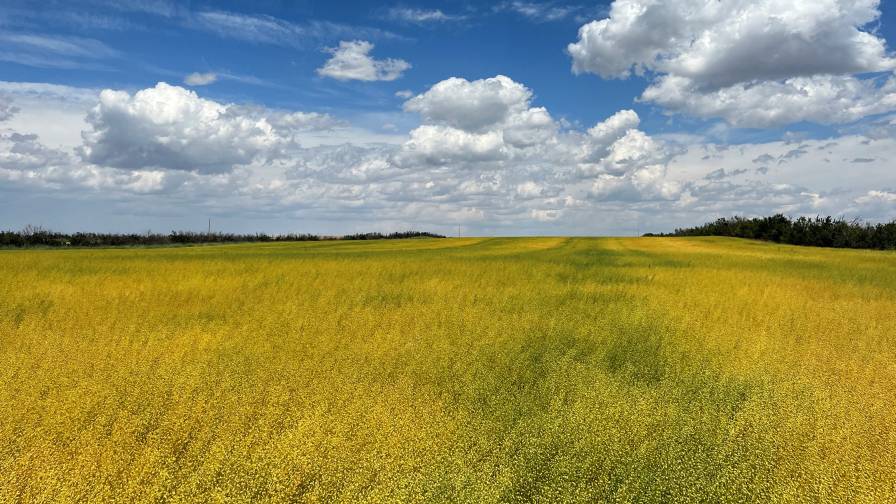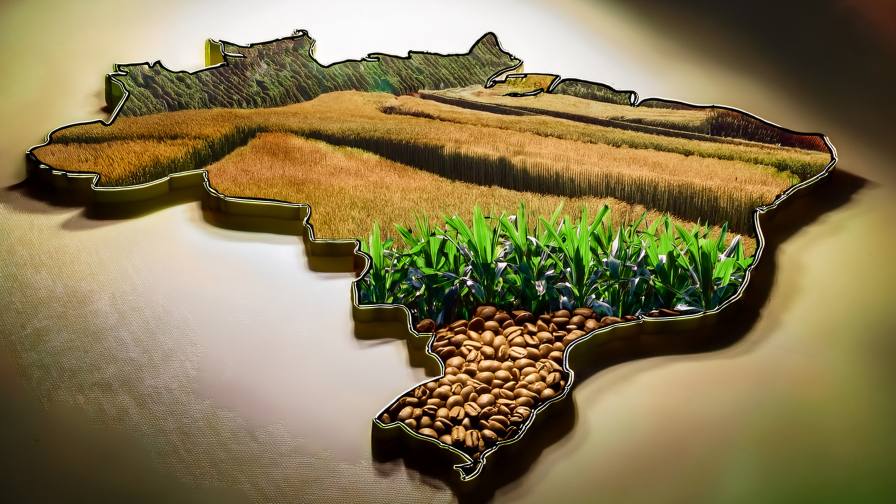South African Registrar Jonathan Maluta Mudzunga’s Market Updates
South Africa’s bustling agriculture economy and leadership position in Southern Africa can put pressure on its infrastructure. Stable ports make it the gateway to the region, and its predictable regulatory system effectively affords registration holders a rubber stamp in the Southern Africa
Development Community (SADC).
Just as its harbors hum with economic opportunity, its regulatory systems are often overloaded with dossiers from companies looking to thrive in Africa’s largest economy and the exponential growth playing out in the region.
Few people know the pressure on regulators like South Africa’s pesticide Registrar Jonathan Maluta Mudzunga. The number of dossiers passing through his department has been rising steadily, partly to capitalize on a growing domestic market and partly to position products for expansion through a rapidly developing region. The SADC meets regularly on harmonization.
As government continue to stabilize and attract investment in neighboring countries, agriculture inputs represent an exponential growth opportunity. Just 5% of the world’s crop protection value is spent in Africa, but investment by governments, NGOs and private industry is building the infrastructure necessary to propel Africa into the Green Revolution it requires to feed a rapidly growing population.
Farm Chemicals International talked to Mudzunga, who will deliver the opening address at the FCI Trade Summit in Durban May 6, about South Africa’s regulatory system and how it influences access to crop production technologies in the region.
Q: South Africa has grown into a $400-million crop protection market. Are you seeing an increase in dossier submissions to take advantage of agriculture growth?
A: There is definitely an increase in the number of dossier submissions compared to five years ago, in particular with generic products. Although the number of new molecules being developed and registered is small compared to 10 to 15 years ago, we in the last three years have seen a slight increase – about four products per year – in the number of new molecules being registered.
Q: Have there been any recent changes to South Africa’s registration system, or are any being planned?
A: The basic registration requirements are comparable to most developing countries and to certain requirements of the OECD (Organization for Economic Cooperation and Development) countries in terms of the scientific data, such as biological, chemistry, residue and toxicology data. We are currently reviewing our registration guidelines with the aim of aligning them with best international regulatory practices. In addition, we plan to introduce new pesticide legislation in the near future.
Q: Are there any emerging agronomic trends, such as no-till farming or IPM, that are driving registration trends for a particular class of pesticide?
A: Because of the prevalence of herbicide resistance in certain agronomic situations, there is a trend to shift toward no-till systems in order to deal with herbicide resistance problems. As result of this practice, there is obviously a demand to use more chemicals because no-till is heavily dependent on the use of chemicals. The restriction of certain pesticides in the EU also is driving changes to register alternative products with low MRL profiles, including biological products.
Q: Are you seeing a rising number of dossiers for biological products? Is there a fast-track option for them?
A: We have seen a significant increase in the number of submissions and registrations of biological products including inoculants in the last three years. But this number is still very low when compared to the number of conventional chemical pesticides registered.
Q: What are the most popular products being submitted for approval?
A: Insecticides, fungicides and herbicides, followed by biological products – in that particular order.
Q: Are there additional pressures on the registration process in South Africa because of the agricultural development in neighboring Southern African countries?
A: South Africa has a very stable and mature regulatory system. This, in turn, attracts companies to invest in the pesticide business here. Products registered in South Africa are accepted in other SADC countries, and that exerts pressure on the registration system. At the moment we are observing a significant increase in the number of submission by local and international companies alike.






